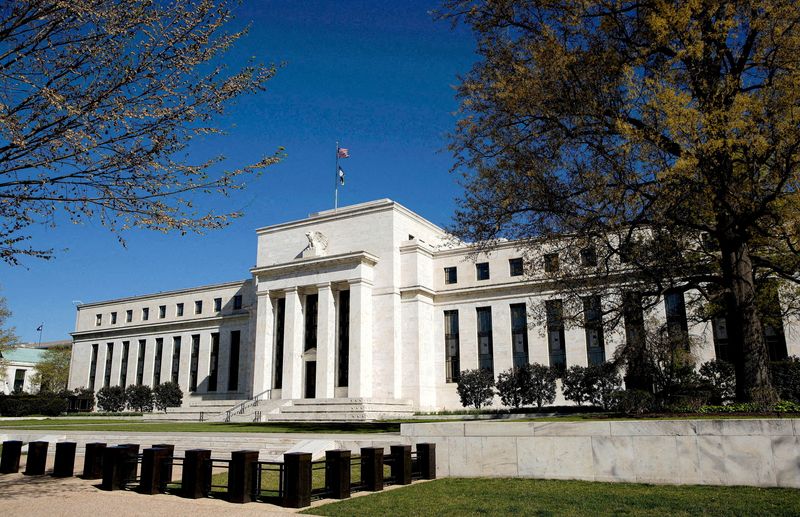By Michael S. Derby
NEW YORK (Reuters) -Federal Reserve Bank of St. Louis President Alberto Musalem said on Monday he supports more interest rate cuts as the economy moves forward on a healthy path, while noting that it is appropriate for the central bank to be cautious and not overdo easing monetary policy.
"Further gradual reductions in the policy rate will likely be appropriate over time," the official said at a meeting of the Money Marketeers of New York University, noting that "patience" has served the Fed well. "I will not prejudge the size or timing of future adjustments to policy."
Musalem, who took office earlier this year and who does not hold a vote on the rate-setting Federal Open Market Committee, spoke as the interest rate outlook has once again been upended.
On Friday the government reported data showing unexpected and very vigorous strength in the job market, which called into question widespread concerns that the labor sector was weakening. Last month, the Fed cut its interest rate target by half a percentage point, to between 4.75% and 5%, because inflation pressures have waned considerably amid ample signs the job market was growing softer.
The Fed had also penciled in half a percentage point's worth of cuts into the close of the year. But the strength of hiring in September has now called into question how aggressive the Fed will need to be with rate cuts.
Musalem noted he supported the Fed's latest rate decision and said his outlook for monetary policy is "slightly above the median" projected by his colleagues. Fed officials see the federal funds rate around 4.4% by year end and at 3.4% by the end of 2025, based on forecasts released at the September policy meeting.
Musalem argued for a cautious pace of rate cuts, even as he noted that he expects inflation to move back to 2% on a 12-month basis over the next few quarters and sees the current state of the job market as consistent with a strong economy.
"Given where the economy is today, I view the costs of easing too much too soon as greater than the costs of easing too little too late," Musalem said. "That is because sticky or higher inflation would pose a threat to the Fed's credibility and to future employment and economic activity," he said.
The official also said the September jobs data that rattled expectations was strong, while noting "the path I penciled in" for monetary policy at the most recent Fed policy meeting is "probably still appropriate."
"I believe the risks that inflation becomes stuck above 2% or rises from here have diminished," he added.
Musalem also noted financial conditions generally remain supportive of economic activity. He said he expects the expansion to continue but noted that uncertainty about the outcome of the Nov. 5 U.S. elections was causing some firms to hold back until they had more clarity.
Based on feedback from his district, Musalem said "I've heard enough 'survive until 2025' comments from business people and others to believe that resolving some uncertainty about the path for interest rates or the election could provide a meaningful boost to investment and spending."

Musalem also said he saw no conflict between the Fed cutting rates and pressing forward with ongoing efforts to shrink the size of its balance sheet, a process known as quantitative tightening, or QT.
Musalem brushed aside worries about turbulence at the end of the third quarter in short-term markets that some investors saw. He argued for a near-term end to QT, noting that the Fed retains firm control over its interest rate target. As of July, market participants in a survey expected a spring end to QT based on New York Fed data.